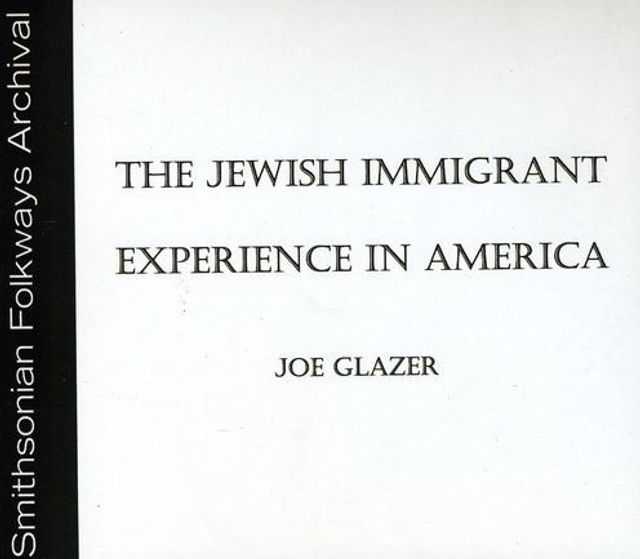Home
Culinary Diplomacy's Role the Immigrant Experience: Fiction and Memoirs of Middle Eastern Women
Barnes and Noble
Culinary Diplomacy's Role the Immigrant Experience: Fiction and Memoirs of Middle Eastern Women
Current price: $100.00


Barnes and Noble
Culinary Diplomacy's Role the Immigrant Experience: Fiction and Memoirs of Middle Eastern Women
Current price: $100.00
Size: Hardcover
Loading Inventory...
*Product information may vary - to confirm product availability, pricing, shipping and return information please contact Barnes and Noble
In
Culinary Diplomacy's Role in the Immigrant Experience: Fiction and Memoirs of Middle Eastern Women
, the emergent field of literary food studies engages with international diplomacy studies to establish books with recipes as tools of culinary diplomacy. Foundational to the argument is culinary diplomacy scholar Sam Chapple-Sokol’s concept of Citizen Culinary Diplomacy which endorses public events that promote understanding of cultures and people. However, this study challenges that definition and argues that culinary fiction and memoirs are shared interactive experiences between the author, the readers, and the culture written about. Foundational to the study are twentieth century postcolonial literary theories of Homi Bhabha and Édouard Glissant and twenty-first century transnational theory of sociologists Julian Go and Ulrich Beck to recognize culinary diplomacy's vital role in international affairs.
Culinary Diplomacy’s Role in the Immigrant Experience
examines food as metaphorical expression in literature, and the impact of time, space, and place in developing diplomatic relationships between East and West in books by Diana Abu-Jaber, Donia Bijan, Joanne Harris, and Marsha Mehran.
Culinary Diplomacy's Role in the Immigrant Experience: Fiction and Memoirs of Middle Eastern Women
, the emergent field of literary food studies engages with international diplomacy studies to establish books with recipes as tools of culinary diplomacy. Foundational to the argument is culinary diplomacy scholar Sam Chapple-Sokol’s concept of Citizen Culinary Diplomacy which endorses public events that promote understanding of cultures and people. However, this study challenges that definition and argues that culinary fiction and memoirs are shared interactive experiences between the author, the readers, and the culture written about. Foundational to the study are twentieth century postcolonial literary theories of Homi Bhabha and Édouard Glissant and twenty-first century transnational theory of sociologists Julian Go and Ulrich Beck to recognize culinary diplomacy's vital role in international affairs.
Culinary Diplomacy’s Role in the Immigrant Experience
examines food as metaphorical expression in literature, and the impact of time, space, and place in developing diplomatic relationships between East and West in books by Diana Abu-Jaber, Donia Bijan, Joanne Harris, and Marsha Mehran.


















